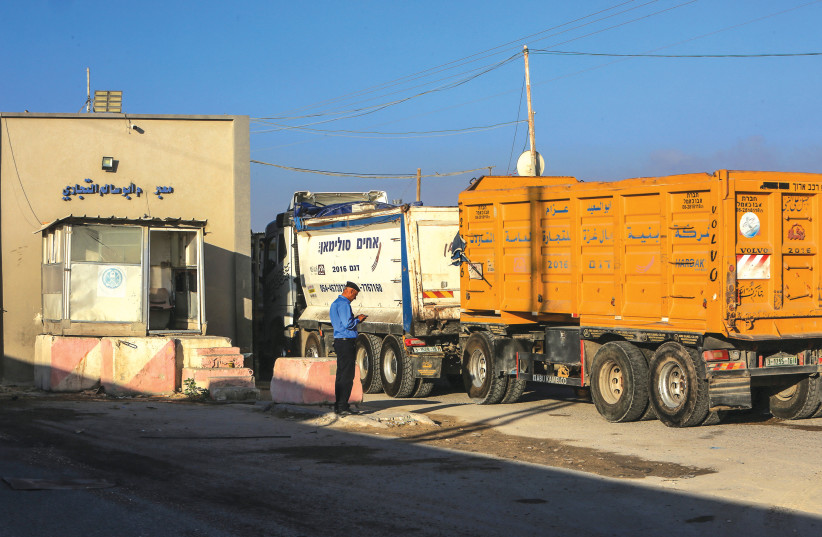The United Arab Emirates has been playing an important role in providing humanitarian aid to Gaza. Along with Jordan, Egypt, and several other countries in the region, it is one of the key contributors.
Hamas attacked Israel on October 7, triggering a massive war, which has led to much internal displacement, requiring humanitarian aid; some countries are supporting field hospitals in Gaza, and just this weekend, the US began airdrops.
The UAE’s operation to support Gaza is called Gallant Knight 3. An article at Al-Ain Media in the UAE provided a glimpse into the progress of its humanitarian mission. It notes that, as of Sunday, the UAE’s operation has been ongoing for 119 days. “The number of cargo planes reached 173, and the total relief aid amounted to 16,004 tons,” the report notes. The Emirates has sent 521 trucks to Gaza, with 388 driven from Cairo to El-Arish in Egypt.
“Six water desalination plants with a production capacity of 1.2 million gallons per day were also established, according to the UAE Ministry of Defense,” the report notes. “The total number of marine cargo ships reached two, in addition to the establishment of the Emirati floating hospital in the Egyptian city of El-Arish.
The number of cases received in the UAE reached 474 cases, in addition to 7,551 cases in the Emirati Field Hospital in Gaza, and 72 cases received by the Emirati Floating Hospital in El-Arish.” Five bakeries have also been established, which can now bake 15,000 loaves of bread an hour.
The article details “round the clock” work to help civilians in Gaza. “An Emirati medical team is supervising the field hospital and providing medical care to the injured… The Emirati field hospital was implemented in phases, with a capacity of more than 150 beds.

It includes departments of general surgery, orthopedics, children, women, anesthesia, and intensive care for children and adults, in addition to clinics in internal medicine, dentistry, a psychiatric clinic, and family medicine, in addition to CT scan services, a laboratory, and a pharmacy.”
Support the UAE is providing
The Emirates Red Crescent has also been active in providing support to three areas in Gaza, including Rafah: “The areas of al-Bureij, al-Maghazi, al-Nuseirat, al-Zawaida, and Deir al-Balah in the al-Wusta Governorate.”
The report added that “the aid provided by the Emirates Red Crescent Authority included parcels containing food and medical supplies, and winter clothes, in addition to installing floodlights in shelters for displaced people, as well as a bakery project to address the acute shortage of bread within the Gaza Strip.”
The UAE’s support illustrates the importance it has placed on this aspect of the conflict. The UAE became a member of the Abraham Accords, along with Bahrain and Morocco in 2020, establishing diplomatic ties with Israel. This has provided it a unique ability to navigate this complex conflict, particularly now.
Over five months of war, the humanitarian angle has taken on renewed importance as Gazans in northern Gaza are now receiving airdrops, and discussions are raging about a new hostage deal between Israel and Hamas.
However, Israel has also vowed to launch an operation in Rafah near the Egyptian border, which would necessitate moving more than one million internally displaced persons who are sheltering there. How this might be accomplished remains to be seen, considering the strains on humanitarian aid already felt in Gaza.
